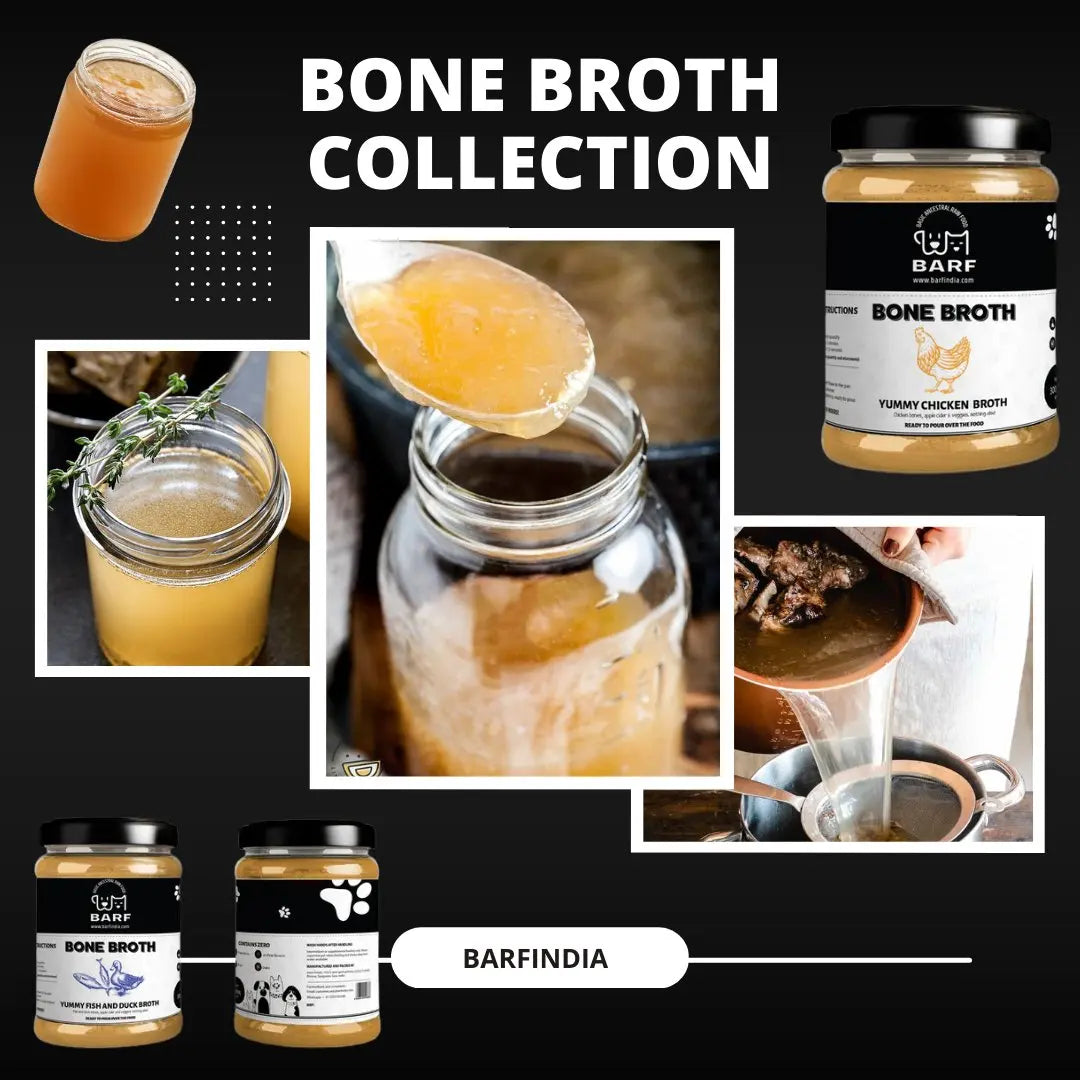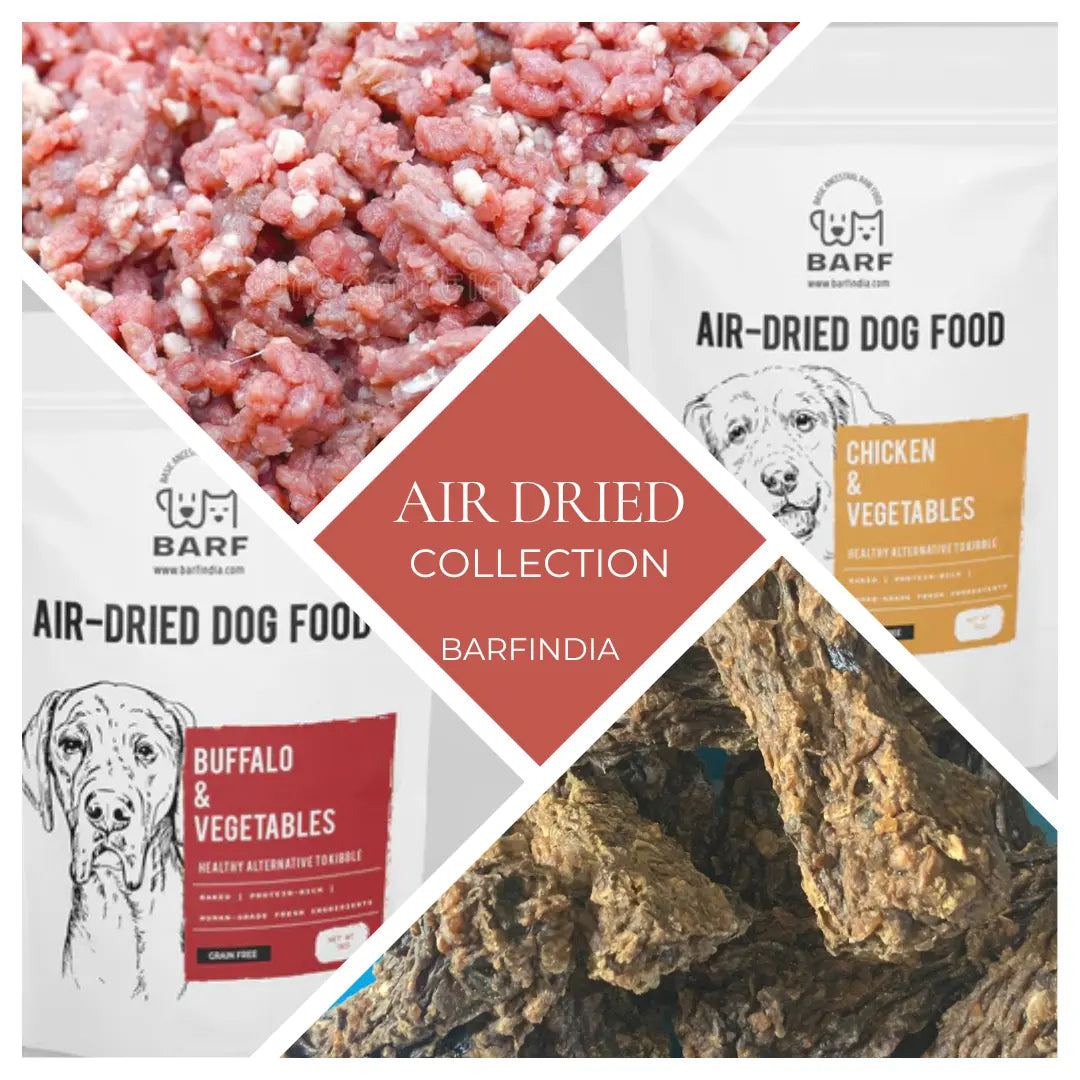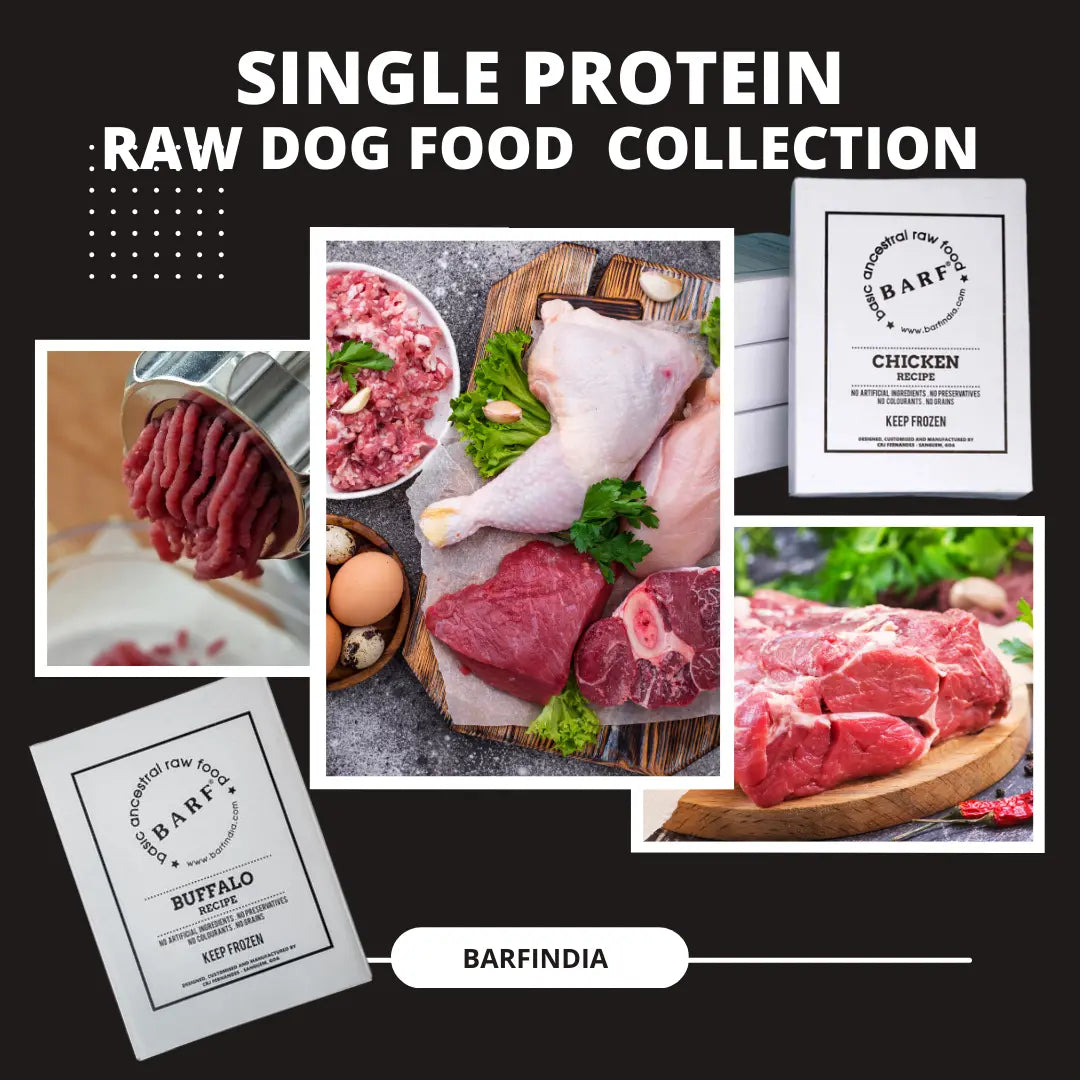
Mackerel: Your Pet Will Love This Omega-3-Rich Protein
Nivedita FernandesMackerel: A Nutritional Powerhouse for Your Pet's Diet
Mackerel, a nutrient-rich oily fish, is a fantastic addition to your pet’s diet. With its abundance of high-quality protein, omega-3 fatty acids, and essential vitamins, mackerel is not only delicious but also immensely beneficial for your pet’s overall health. Here’s an in-depth look at why and how to incorporate this superfood into your pet’s meals.
Nutritional Benefits of Mackerel
1. Rich in Omega-3 Fatty Acids
Mackerel is packed with omega-3 fatty acids, which are known to promote a shiny coat, reduce inflammation, and support brain and heart health. For pets with joint issues or skin conditions, omega-3s can work wonders in improving their quality of life.
2. High-Quality Protein
Protein is essential for muscle development, energy, and overall vitality. Mackerel provides a lean, easily digestible protein source, making it ideal for active pets or those recovering from illness.
3. Loaded with Vitamins and Minerals
Mackerel contains a host of vital nutrients, including:
-
Vitamin D: Supports bone health and immune system function.
-
Vitamin B12: Boosts energy and aids in neurological health.
-
Selenium: A powerful antioxidant that supports metabolism and combats free radicals.
-
Phosphorus: Essential for strong bones and teeth.
Choosing the Right Mackerel for Your Dog
Not all mackerel is created equal. It’s important to choose the right type to maximize benefits for your pet.
1. Species Selection
Opt for smaller species. These varieties are lower in mercury compared to larger species like king mackerel, making them a safer choice for regular consumption.
2. Fresh or Canned?
-
Fresh Mackerel: Fresh is always best. Look for mackerel that is bright, firm, and free from a strong fishy smell.
-
Canned Mackerel: If using canned mackerel, ensure it is packed in water with no added salt, oils, or seasonings. Avoid options in brine or tomato sauce, as they may contain ingredients unsuitable for pets.
Preparing Mackerel for Your Dog
Proper preparation is essential to ensure your pet enjoys mackerel safely and deliciously.
1. Cooking Methods
Cook mackerel thoroughly to eliminate any harmful bacteria or parasites. The best methods include steaming, baking, or grilling. Avoid frying, as excess oil can diminish the nutritional value..
2. No Additives
Cook mackerel plain, without any added spices, oils, or seasonings. These extras can upset your pet’s stomach and negate the health benefits.
How to Serve Mackerel
1. Portion Control
Introduce mackerel as an occasional treat or supplement to your pet’s main diet. A small portion mixed with their regular food once or twice a week is sufficient to provide its health benefits.
2. Mixing with Other Foods
Combine mackerel with other nutritious ingredients such as:
-
Cooked vegetables like carrots or peas.
-
Healthy grains like brown rice or quinoa.
-
Other protein sources for a balanced meal.
3. Frozen Treats
For a fun twist, blend cooked mackerel with plain yogurt and freeze it in molds to create a refreshing treat for your pet.
Benefits of Adding Mackerel to Your Dog's Diet
1. Improved Coat and Skin
The omega-3 fatty acids in mackerel contribute to a lustrous coat and healthier skin, reducing shedding and dryness.
2. Enhanced Brain Function
Omega-3s are known to support cognitive development and function, particularly in young or senior pets. Incorporating mackerel into your pet’s diet can help keep their mind sharp.
3. Joint Health
For aging pets or those with arthritis, mackerel’s anti-inflammatory properties can alleviate discomfort and improve mobility.
4. Energy Boost
The combination of high-quality protein and essential nutrients provides your pet with the energy they need for an active lifestyle.
5. Stronger Immune System
The vitamins and antioxidants in mackerel support immune health, helping your pet ward off illnesses and stay in peak condition.
Creative Ways to Incorporate Mackerel into Your Dog's Diet
1. Homemade Mackerel Stew
Combine cooked mackerel with boiled vegetables and a splash of fish stock for a nutritious and hearty meal.
2. Mackerel Toppers
Flake cooked mackerel over your pet’s regular kibble or wet food to enhance flavor and nutrition.
3. Mackerel Patties
Mix cooked, deboned mackerel with mashed sweet potatoes and shape them into patties. Bake until firm and serve as a treat.
4. DIY Mackerel Snacks
Dehydrate thin slices of mackerel in the oven for a crunchy, protein-packed snack.
Conclusion
Mackerel is a nutrient-dense, delicious addition to your pet’s diet when prepared and served correctly. Its wealth of omega-3 fatty acids, high-quality protein, and essential vitamins make it a superfood that promotes a shiny coat, improved joint health, and overall vitality. By choosing the right type of mackerel and preparing it appropriately, you can give your pet a tasty and nutritious treat that supports their long-term health.
So why not introduce this fantastic fish to your pet’s diet today? They’ll thank you with wagging tails and happy purrs!



